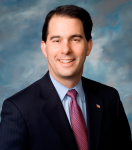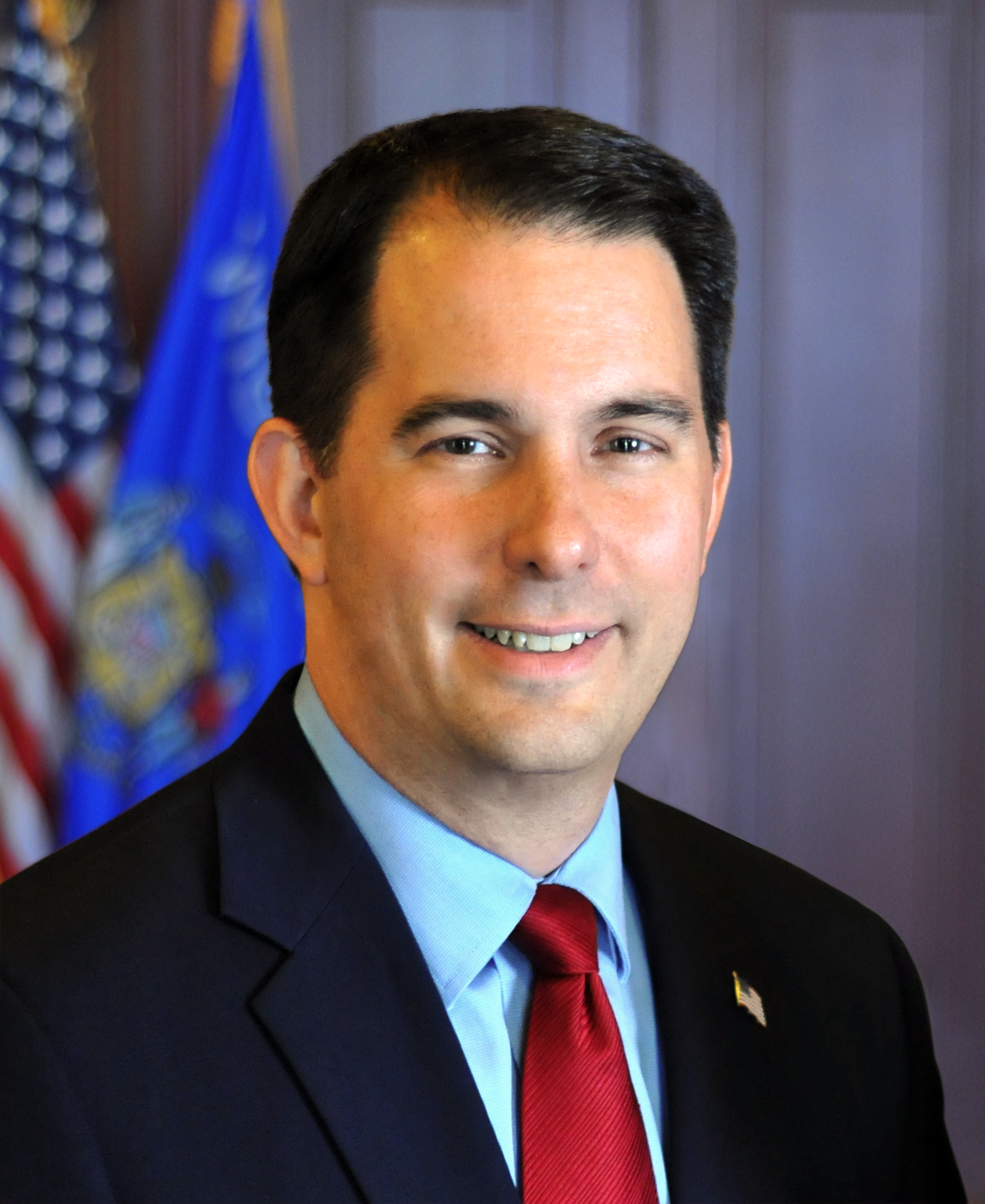Governor Walker Announces Wisconsin Awarded More Than $15 Million to Fight Opioid Epidemic
$7.6 million federal grant approved for second year
![Pills by Tom Varco (Own work) [CC BY-SA 3.0 (http://creativecommons.org/licenses/by-sa/3.0)], via Wikimedia Commons.](https://urbanmilwaukee.com/wp-content/uploads/2016/11/1024px-Lexapro_pills.jpg)
Pills by Tom Varco (Own work) [CC BY-SA 3.0 (http://creativecommons.org/licenses/by-sa/3.0)], via Wikimedia Commons.
“This funding is critical to ensuring we are aggressive and strategic in our efforts to fight this public health crisis, which is affecting so many people here in Wisconsin, and across the country,” Governor Walker said. “The grant money has already allowed us to implement recommendations from the Governor’s Task Force on Opioid Abuse, which is focused on ending this epidemic and saving lives.”
“This is a complex crisis that requires an aggressive, effective, multi-faceted approach,” Krupski said. “The emergence of illicitly manufactured synthetic opioids, including fentanyl, is fueling the escalation of the opioid overdose epidemic, and we recognize the urgency to build on the progress we’ve made in prevention, crisis intervention, treatment, and recovery.”
Under the grant, which was first awarded in April, 2017, Wisconsin is implementing evidence-based practices to fighting the opioid epidemic, including:
- Allocated $2.4 million to 16 counties and three tribal communities to expand access to opioid use disorder treatment including medication-assisted treatment. Services are currently being provided.
- Awarded $1.4 million to Wisconsin Voices for Recovery to work with community organizations across the state to place recovery coaches in hospital emergency rooms to assist individuals who have come to the ER because of an opioid overdose.
- Awarded $60,000 to a community organization for recovery coach training to reach individuals in need of opioid use disorder treatment and assist them in receiving services.
- Coordinated and hosted events for physicians, physician assistants, and advance nurse practitioners to educate them on the benefits of providing medication-assisted treatment.
- Improved data tracking through the Prescription Drug Monitoring Program (PDMP).
- Creating at least three new regional opioid treatment centers that will provide medication assisted treatment, and expanding services to underserved, high need areas of the state.
- Supporting local coalitions to improve prevention and education. So far, coalition plans include:
- Installation of six new permanent prescription drug drop boxes
- Distribution of 1,145 prescription drug lock boxes and 1,409 prescription drug deactivation units
- Coordination of nine naloxone trainings for first responders and community members
- Hosting of six prescription drug take back events
- Educating the community using the statewide media Dose of Reality campaign materials
Last week, DHS announced plans to raise Medicaid reimbursement rates for behavioral health, including mental health and substance use disorder, to improve access to treatment, as directed by Governor Walker.
Under the HOPE (Heroin, Opiate, Prevention, and Education) Agenda, a bipartisan legislative effort, Governor Walker has signed 28 bill into law aimed at fighting the state’s opioid epidemic.
The grant funding is available under the 21st Century Cures Act. The amount of the grant is based on the unmet need for opioid-related treatment and the number of opioid-related deaths in the state. Wisconsin was granted the maximum amount allowable to the state under the eligibility requirements.
NOTE: This press release was submitted to Urban Milwaukee and was not written by an Urban Milwaukee writer. While it is believed to be reliable, Urban Milwaukee does not guarantee its accuracy or completeness.
Mentioned in This Press Release
Recent Press Releases by Gov. Scott Walker
Governor Walker Orders Flags to Half-Staff Honoring Master Sergeant Jonathan Dunbar
Apr 13th, 2019 by Gov. Scott WalkerGovernor Scott Walker ordered flags to half-staff on Saturday, April 14, 2018.
Governor Walker Orders Flags to Half-Staff as a Mark of Respect for Captain Christopher Truman of the Lake Mills Fire Department
Jan 3rd, 2019 by Gov. Scott WalkerCaptain Truman died on December 31, 2018, while selflessly assisting a driver of a crashed vehicle on Highway 12 near the Yahara River Bridge in Monona, Wisconsin.
Governor Walker Appoints St. Croix County Judge and Ashland County District Attorney
Jan 2nd, 2019 by Gov. Scott WalkerGovernor Scott Walker today appointed Attorney Scott J. Nordstrand to serve as a judge on the St. Croix County Circuit Court and Attorney David Meany to the position of Ashland County District Attorney.





















